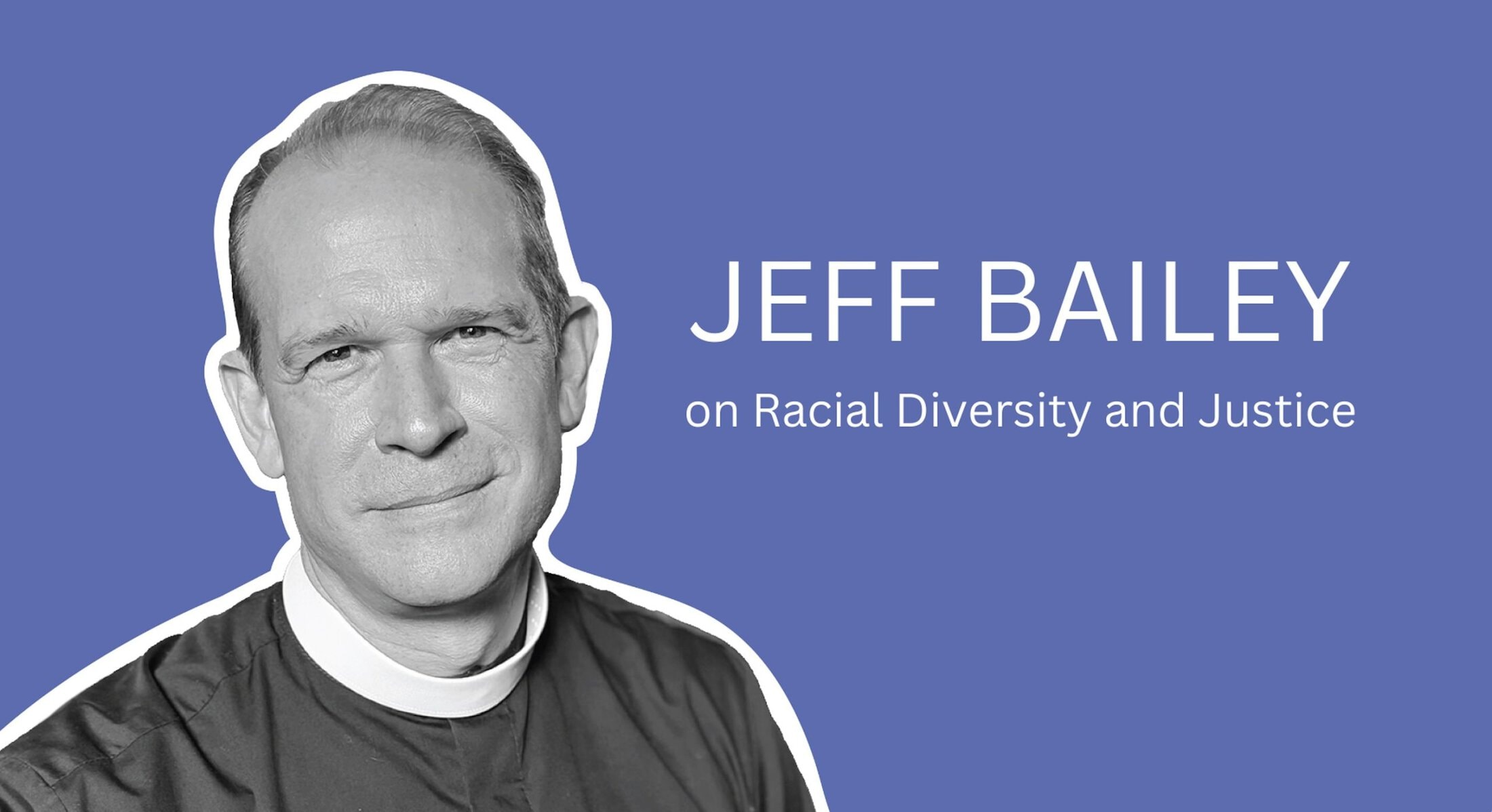I do not have any easy answers here. What I can express is a profound commitment to addressing these issues in intentional and sustained ways. Seeking to pursue racial diversity and justice has been central to my work from my mid-20s onward. Caring for those experiencing homelessness was a large ministry in the first church at which I pastored, which shaped me in many ways. I later moved into a low-income, African-American neighborhood in Washington, DC to plant a church, where I learned so much from relationships with neighbors, and from friendships with pastors of historically Black churches. My subsequent academic research was motivated by questions of justice provoked by these experiences of urban ministry – how to theologically ground political activism, and pursue human solidarity across deep difference. The Centre for Social Justice in London, where I was working on the intersection of faith and public policy, was explicitly focused on addressing systemic poverty in the UK. In that role I traveled around the country learning best practices from some of the leading poverty-fighting charities in England. Then back in the U.S., while moving through ordination in the ACNA, I consulted for various nonprofits – from foundations focused on reducing gun violence, to veteran’s service organizations working on homelessness – helping them amplify and scale their work. As Canon for Leadership in the Diocese of Christ Our Hope, I oversaw an initiative focused on growing the number of racially diverse clergy and church planters in our diocese. To that end, we helped sponsor Jemar Tisby’s first Joy & Justice conference in Chicago; created an Antioch Fund, which dedicated resources to recruiting and supporting more diverse clergy in our diocese; supported efforts to plant our first church with an African-American lead rector; and created support systems for leaders of Kenyan and Sudanese congregations in our diocese.
The reality is that these efforts in our diocese still seem painfully slow. There is no quick fix and, in thinking about how to directly address this in C4SO, I would be committed to a long-haul approach that is humble but persistent. There are obvious things we can do, and it may be that C4SO already does all of these: (1) constantly casting vision for churches that reflect Revelation 7:9, while thoughtfully pursuing justice locally and beyond; (2) highlighting and modeling those churches who are doing this well, to learn from best practices; (3) developing relationships with people and institutions beyond White evangelicalism; (4) developing short- and medium-term strategies, as well as dedicated resources, for recruiting and nurturing racially diverse leaders; (5) seeking to nurture church plants that are culturally diverse from the start; (6) continuing to lean into the challenging questions of justice in our culture, and equipping our leaders and churches to engage in bold but nuanced ways.
Again, none of this is easy, but I would be highly committed to these efforts being central to the DNA of C4SO.

